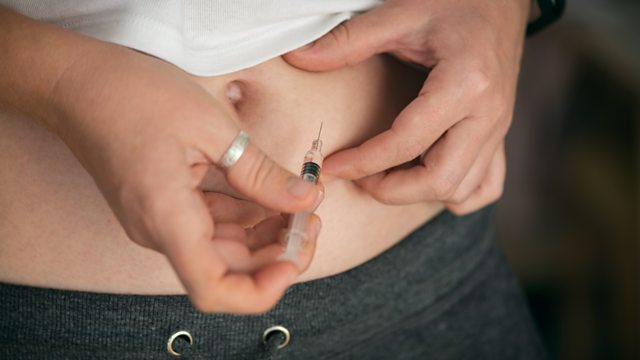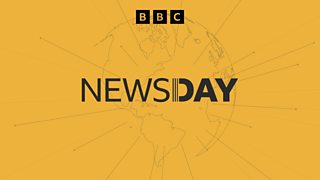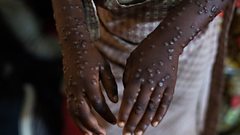Should the egg donation industry be better regulated?
Researcher says some women donate more than three times the recommended number of eggs - something that can earn them thousands of dollars, but which could have a health impact
For many childless couples, IVF treatment could not take place without a donated egg - but the regulations dictating how those eggs are collected vary widely across the world. In some countries, like the UK, payment is banned. But in the US women can earn thousands of dollars, with some more highly sought after eggs - for example from a highly educated Asian woman - costing up to $80,000.
So, while the medical advice is for a woman to donate eggs a maximum of six times in her lifetime - because hormone injections can impact on the body - some young women are doing it far more than this in order to fund their education or help with their finances.
Dr Diane Tober of the University of Alabama's Department of Anthropology has researched the situation for women in the USA and Spain. She's concerned that the practice isn't well enough regulated and prioritises profit over women's health.
"I've got some women in my study who've done as high as 19 cycles which is quite a hardship on the body. They didn't necessarily tell the clinics or the agencies they went through how many prior donations they'd undergone."
(Photo: A woman gives herself a hormone injection. Credit: Getty Images)
Duration:
This clip is from
More clips from Newsday
-
![]()
Liam Payne: Fans mourn death of One Direction singer
Duration: 03:35
-
![]()
Sudan's footballers provide 'joy amongst the chaos'
Duration: 04:00
-
![]()
Hurricane Milton: The residents deciding to stay, or evacuate
Duration: 02:59
-
![]()
Mpox spreading rapidly in Burundi
Duration: 03:21






